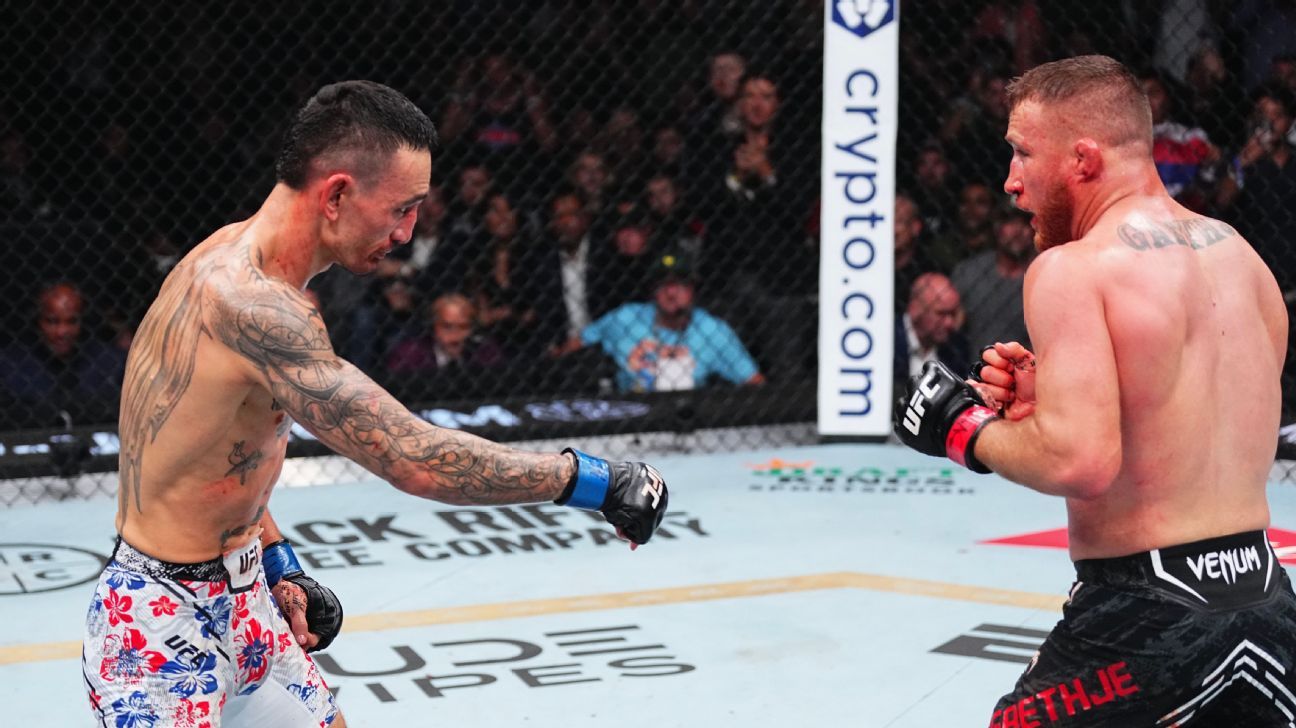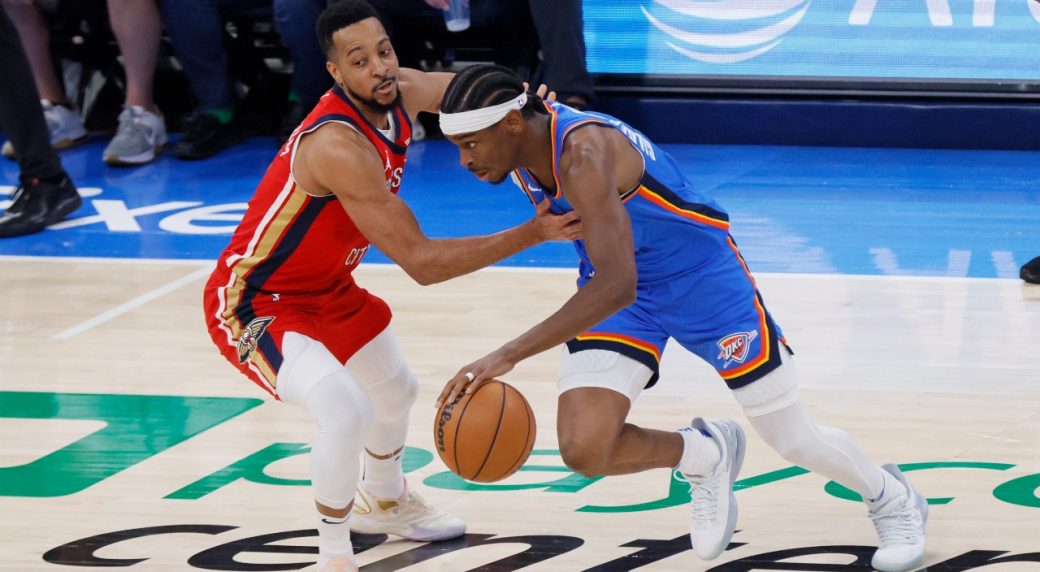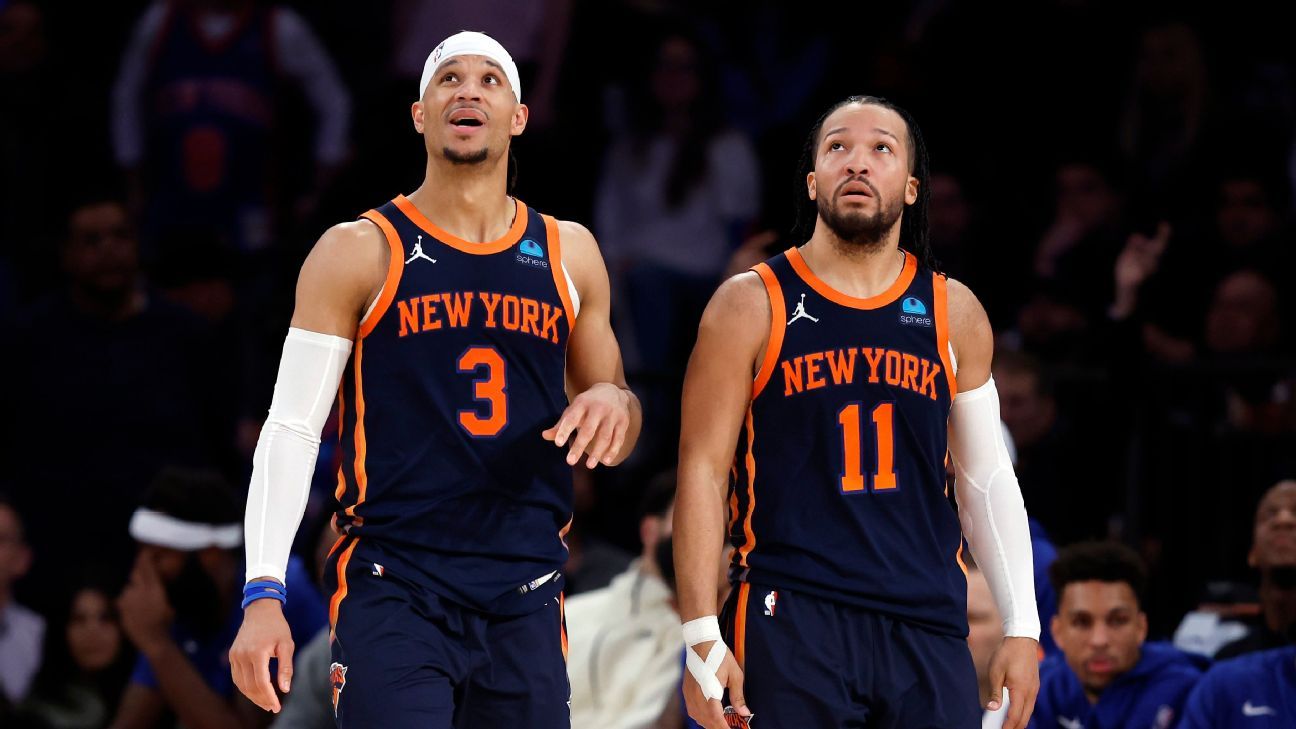UFC 300: A Reflection on the Past and a Glimpse into the Future
It has been more than a week since the monumental UFC 300 event took place, yet the impact it has left on the sport continues to resonate throughout the MMA community. The questions that arise from that historic night go beyond mere recollection and analysis of the bouts that occurred. What truly emerges from the ashes of UFC 300 are profound inquiries about the future of the Ultimate Fighting Championship and the trajectory of mixed martial arts as a whole.
The Legacy of BMF: Redefining the Fight Game
Central to the discussions surrounding UFC 300 is the concept of the “Baddest Motherf—er” (BMF) title fight that captured the attention and admiration of fans around the world. Max Holloway’s electrifying knockout of Justin Gaethje in the final moments of their epic clash underscored the essence of what it means to be a BMF. The raw display of courage, skill, and sportsmanship exemplified in that fight prompted contemplation on the significance and interpretation of the BMF moniker within the UFC.
While the initial BMF fight between Jorge Masvidal and Nate Diaz introduced the concept with a street-tough bravado, the subsequent iterations involving fighters like Gaethje and Holloway highlighted a different facet of the BMF ethos. The willingness to engage in high-stakes, all-or-nothing exchanges, even in the face of victory, encapsulates the essence of what it means to embody the BMF spirit.
As discussions swirl around the potential for a featherweight title defense to carry the BMF label, it becomes imperative to distinguish between different realms of significance and allure. The BMF concept transcends mere championship bouts, encompassing a unique form of combat expression that defies traditional conventions and expectations.
Shrinking Bonuses and Industry Norms
Another aspect that emerged from the UFC 300 spectacle was the unprecedented increase in performance bonuses, reaching a staggering $300,000 for one night only. This deviation from the standard $50,000 bonuses raised questions about the future perception of bonus structures within the MMA industry. Will fighters come to view traditional bonuses as inadequate in light of this grand gesture?
While fighters lack a collective voice or union to advocate for enhanced compensation, the fluctuating landscape of performance incentives within the UFC remains a topic of intrigue. The enduring question of whether the standard $50,000 bonuses will endure in perpetuity underscores the dynamic nature of fighter compensation and the delicate balance between talent remuneration and promotional extravagance.
Exploring New Broadcasting Frontiers
A notable observation following UFC 300 was the proliferation of online reaction videos featuring fighters and pundits responding to pivotal moments of the event. The idea of incorporating alternate commentary streams during UFC pay-per-view broadcasts, akin to the “ManningCast” phenomenon in football, presents an innovative avenue for enhancing fan engagement and diversifying the viewing experience.
While past experiments like “Dana White’s Contender Series” and the “GronkCast” have provided glimpses of the potential for alternative commentary formats, the prospect of integrating unique personalities and perspectives into UFC broadcasts holds promise for enriching the viewer’s immersion in the fight night spectacle.
The Valor of Quality over Quantity
UFC 300 showcased a stacked card of high-caliber matchups and championship bouts, culminating in a sold-out arena and record-breaking financial returns for the promotion. The notion of consistently assembling leaner, more focused fight cards centered around elite talent and compelling narratives raises questions about the sustainability and impact of such a strategic shift.
By prioritizing quality over quantity, the UFC could potentially amplify the impact of its events and deliver a more concentrated dose of excitement and intrigue to fans. The balance between star power, competitive depth, and pacing within fight cards remains a critical consideration as the promotion charts its course in the post-UFC 300 landscape.
The Fan’s Role in Fight Card Evaluation
Ultimately, the assessment of UFC events lies in the hands of the fans, whose perspectives and preferences shape the narrative surrounding each fight night. The placement of fighters on a card, the composition of matchups, and the strategic considerations in event promotion all serve as points of contention and discussion within the MMA community.
While the UFC navigates the complexities of matchmaking and event planning, the steadfast loyalty and discerning eye of the fans serve as a guiding force in shaping the landscape of mixed martial arts. As long as the passion for the sport remains unwavering, the future of the UFC and its enduring legacy are in capable hands.
Image/Photo credit: source url





